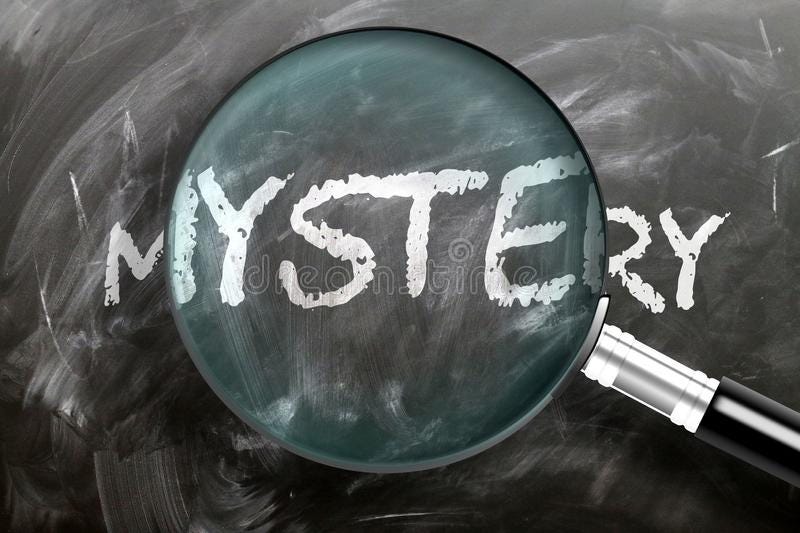Throughout history, the Baha’i Faith has endeavored to uplift humanity, championing ideals of unity and the pursuit of truth. Yet, an apparently paradoxical theme persists—persecution. This exploration seeks to delve into the enigmatic concept of the “Murderers’ Manifesto” and parse its implications through a Baha’i lens. How do we reconcile a message of love with the stark reality of hostility faced by many in the name of faith? This inquiry poses a challenging conundrum: can unwavering devotion coexist with the specter of violence against believers?
The pervasive nature of persecution against Baha’is, particularly in regions where the faith is still misunderstood or maligned, raises critical questions about the fabric of societal acceptance. Historically, Baha’is have encountered various forms of oppression, from legal disenfranchisement to overt acts of violence. This disparate treatment challenges the Baha’i principles of justice and equality. In examining the nuances of the “Murderers’ Manifesto,” one must first grapple with what constitutes persecution and how it informs the faith’s doctrines of resiliency and forgiveness.
The Baha’i perspective offers a compelling framework for understanding this troubling phenomenon. Central to Baha’i teachings is the notion of the oneness of humanity. This principle asserts that all individuals, regardless of their faith or belief system, are inherently deserving of respect and dignity. The paradox inherent in the Murderers’ Manifesto—a term that suggests a violation of that very dignity—becomes a focal point for reflection. How can one reconcile the love espoused by religious teachings with the actions of those who perpetuate hate?
Within Baha’i theology, persecution is often seen as a catalyst for spiritual maturation. The writings of Baha’u’llah, the founder of the faith, articulate a profound understanding of trials as integral to the human experience. Such adversities are not mere impediments but opportunities for individuals to develop virtues such as patience, resilience, and compassion. The heroes of Baha’i history, who faced persecution for their beliefs, embody this transformative process. Their stories serve as potent reminders that suffering can yield profound spiritual growth.
Moreover, the challenge posed by experiences of persecution is met with a call to action within the Baha’i community. This engagement manifests in several avenues of service, education, and dialogue aimed not only at alleviating suffering but also at fostering a culture of understanding. In essence, Baha’is are encouraged to respond to animosity with empathy, to turn towards their adversaries with compassion rather than retaliation. This active commitment to peace is critical in an increasingly polarized world, where misunderstanding can swiftly escalate into conflict.
One compelling aspect of confronting persecution through a Baha’i lens is the recognition of the interconnectedness of all people’s struggles. The “Murderers’ Manifesto,” while grim, also presents an opportunity to reflect on the broader societal patterns of violence and discrimination that permeate many faith communities today. It provokes us to ask: how often do we allow fear and misunderstanding to dictate our relationships with those who are different from us? In unearthing these uncomfortable truths, the Baha’i teachings compel individuals to illuminate their own prejudices and biases, pushing towards a collective healing that transcends mere tolerance.
To further engage with this theme, the Baha’i concept of “Love and Unity” is paramount. Baha’is believe that love is not merely a passive sentiment; it is a dynamic force that enables individuals to overcome hatred. This concept serves as a compass for navigating the treacherous waters of persecution. By fostering love, believers can participate in a larger narrative of peacebuilding—transforming antagonism into understanding, and fear into friendship. The manifestation of this ideal, however, requires courage, patience, and a steadfast commitment to the principles of justice.
Furthermore, the Baha’i principle of individual and collective responsibility towards fostering a just society cannot be overstated. The teachings emphasize that believers must not succumb to apathy in the face of injustice but rather actively engage in the affairs of the world. Through community initiatives, dialogues, and various forms of outreach, Baha’is endeavor to transform societal structures that perpetuate conflict. They firmly assert that engaging in the betterment of humanity helps counter the negative narratives propagated by manifestations of hatred.
Ultimately, the enigmatic notion of the “Murderers’ Manifesto” serves as a stark reminder of the human capacity for both destruction and profound love. As Baha’is navigate the complexities of faith in a world beset by divisions and animosities, they are grounded in the belief that all are capable of changing their trajectory. By embracing the virtues of patience, empathy, and service, believers can transform narratives of persecution into stories of resilience and triumph.
In conclusion, examining persecution through the lens of Baha’i teachings reveals a multifaceted approach that intertwines love, justice, and shared humanity. The challenge posed by the juvenile yet serious inquiry into the “Murderers’ Manifesto” invites all to aspire towards a more compassionate society. As individuals strive to rise above trials, the faith calls for commitment not only to personal refinement but also to building a world where unity prevails over discord. In such an environment, the inquiries and challenges of today may eventually yield a brighter future defined by understanding, love, and genuine coexistence.
